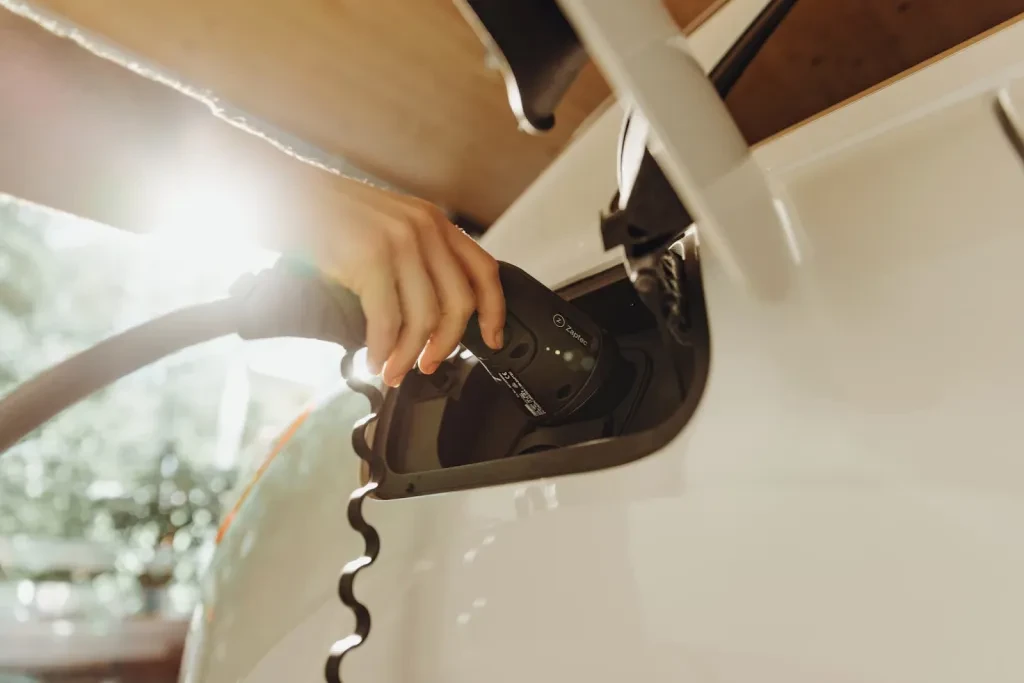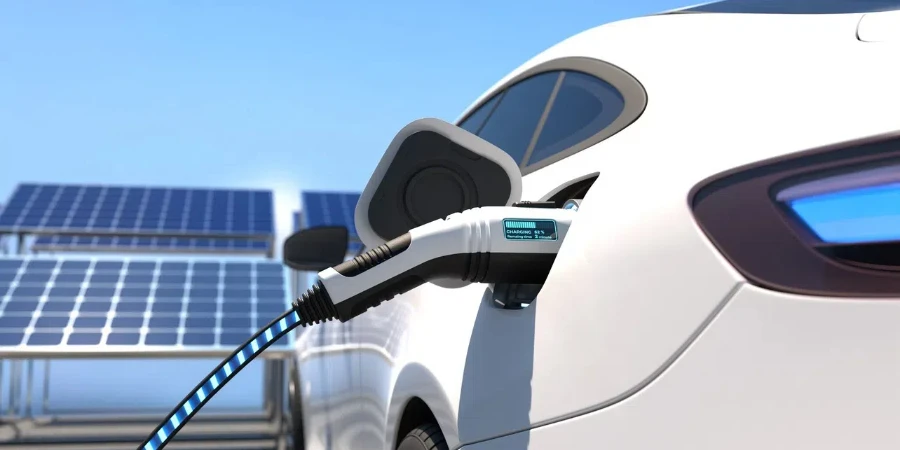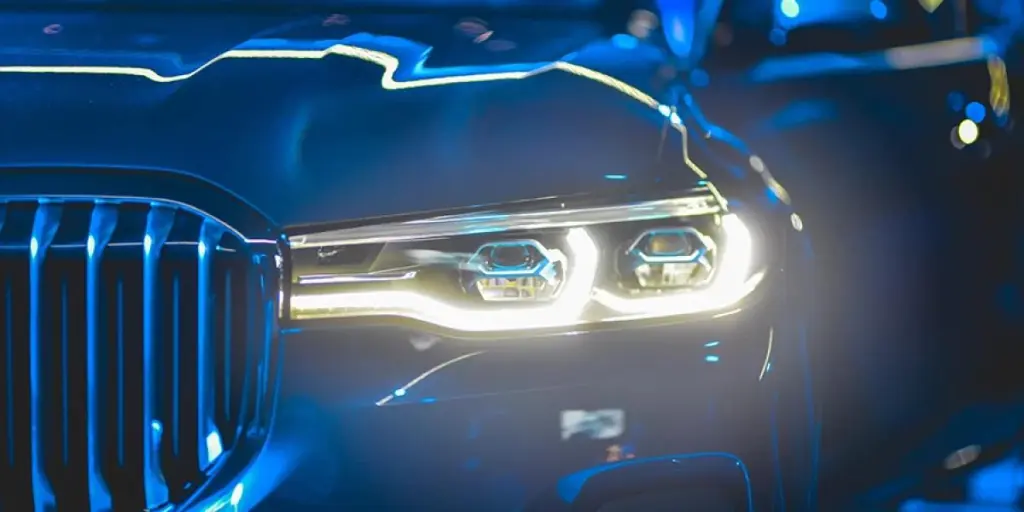
As electric vehicles grow in popularity, so does the demand for reliable and efficient EV chargers. Picking one brand or model from a plethora of available options can be quite confusing. This article compares various EV charger brands by stating their pros and cons. This should, therefore, put you in a better position to decide the right option before installing an electric car charger.
Overview of EV Chаrging Levels
Before we get into that, let’s look at the different levels of EV charging:
- Level 1 charging: This is the slowest of all charging modes and is usually done using a standard 120-volt socket in the house; it can take between 8 and 20 hours, depending on the size of the battery used to charge an EV.
- Level 2 charging: This level uses a 240-volt socket, similar to those used for tumble dryers and other large appliances. Charging times are drastically reduced to an average of just 4-6 hours for a full charge.
- Level 3 charging (DC fast charging): This is the fastest way to charge an EV, using direct current to quickly recharge the battery. Most DC fast chargers can take an EV from 0 to 80% in as little as 30 minutes. With this feature, Level 3 chargers are more likely to be found at commercial EV charging stations than in residential areas.
Poрulаr EV Chаrger Brаnԁs
You’ll find hundreds of brands of EV chargers on the market, each with different features and values. Here are some of the most popular, along with their pros and cons.
Tesla
Pros:
- Exclusive network: Tesla has invested in what is probably the largest and fastest EV charging network, the Tesla Supercharger network.
- Efficiency: Tesla chargers charge in minutes.
- Design: Sleek, aesthetic and in keeping with the Tesla brand in general.
Cons:
- Compatibility: Tesla chargers are designed for Tesla cars, so there isn’t much compatibility with other EV brands.
- Pricing: Tesla chargers are high-end, as they are a premium brand positioning.
Qmerit
Pros:
- Installation Services: Qmerit specializes in custom installation services to make everything unique.
- They offer customized solutions for residential and commercial loading.
- Support: Excellent customer support with a focus on user satisfaction.
Cons:
- Cost: Installation and service packages on the high end.
- Availability: Qmerit services may not be available in all regions.
ChargePoint
Pros:
- Network connectivity: ChargePoint chargers are part of a large network, so it’s easy for any of their customers to find charging stations using an app.
- Variety of options: They have a variety of products for residential, commercial, and fleet use.
- Ease of use: Their chargers are self-explanatory interfaces with robust customer support.
Cons:
- Cost: ChargePoint chargers can be more expensive than other brands.
- Installation: Professional installation is often required, adding to the overall cost.
Blink
Pros:
- Accessibility: Blink chargers are located in many public places.
- The Blink app provides real-time information on charging status and availability at each station.
- Diversity: It offers charging solutions for both residential and commercial use.
Cons:
- Reliability: Some users have reported issues with charger reliability and uptime.
- Cost: Blink charging rates can be higher compared to other networks.
Electrify America
Pros:
- Speed: Known for ultra-fast charging that dramatically reduces wait time.
- Network Expansion: It needs to aggressively expand its network in the US.
- Model Compatibility: This charger is compatible with a wide range of EV models.
Cons:
- High cost per kWh compared to most other older, existing charging networks.
- Availability: Still growing; poor availability in some areas.
Factors to Consider When Choosing an EV Charger

An EV charger must be chosen based on several factors:
- Charging speed: Think about the charging speed at which you need to charge your car. Of course, a faster one is more expensive, but you will have enough time to wait for the car to be charged.
- Installation costs: Depending a lot on the complexity and professional installation of the electric car charger, the cost will change quite similarly.
- Compatibility: Make sure that your car charger is suitable for your EV model and also for other cars you may buy in the future.
- Warranty and support – You can search online for the brands that offer the most effective warranties and have the best customer service to offer.
- Cost of ownership: Not every charger is going to have the same operating costs, especially at public EV charging stations.
- Smart features such as Wi-Fi connectivity, remote monitoring and scheduling add convenience at a higher price point.
As you nаvigаte the рroсess of EV charging station installation, сonsiԁer how eасh brаnԁ woulԁ meet your sрeсifiс requirements аnԁ fit your buԁget.
Conclusion
The right EV charger will balance out the pros and cons of different makes and models. Depending on what your priority is—speed, cost, compatibility, or smart features—you’ll find one to your satisfaction. Consider installation costs and likely future requirements when making an educated decision regarding your EV charging needs.
Source from My Car Heaven
Disclaimer: The information set forth above is provided by mycarheaven.com independently of Alibaba.com. Alibaba.com makes no representation and warranties as to the quality and reliability of the seller and products. Alibaba.com expressly disclaims any liability for breaches pertaining to the copyright of content.




